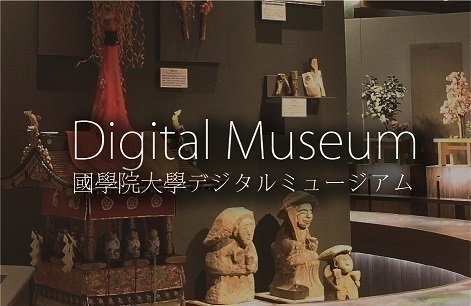- トップ
- Encyclopedia of Shinto
- Oyagami
Encyclopedia of Shinto
| Main Menu: | |
| Links: |
詳細表示 (Complete Article)
| カテゴリー1: | 2. Kami (Deities) |
|---|---|
| カテゴリー2: | Kami in Folk Religion |
| Title | Oyagami |
| Text | "Parent deity," an extension of the image of parenthood to kami, expressing the belief that kami care for human beings in the same way that human parents care for their children. The term is believed to describe the close relationship between kami and humans, one embodying a particularly intimate affection toward the kami. The concept of "parent kami" can be found in at least two forms: (1) a somewhat abstract concept of oyagami which has existed since ancient times and (2) a more or less doctrinally codified concept which developed as a part of sectarian Shintō and Shinto-related new religions. This article will discuss the latter concept. Certain of the Shinto sects understand the entirety of nature, the world, or the cosmos to be a living entity, a life-current or interlinked vitality which overflows with productive power, one which is undying and without end. In turn, the original source or root of that interlinked vitality is sometimes expressed as oyagami, a term used to describe the original or ultimate existence which endlessly gives birth to all things. From this point of view, it is thought that human beings are "apportioned spirits of the kami" (kami no bunrei), or "offspring of the kami (kami no ujiko) whose lives have been bestowed or loaned to them by the kami. Based on this concept, a doctrine developed which suggested that human beings, as "children of kami," are originally of the same substance as kami, and thus harbor the potential to reach the state of kami within themselves. For example, within the new religion of Tenrikyō, the main deity is called "Oyagami," and the sect founder Nakayama Miki is known as "Oyasama"; this kind of common use of the word "parent" (oya) affixed before the kami serving as the subject of worship is thought to be a reflection of the Japanese people's traditional apprehension of the meaning of kami. -Fukushima Shinkichi |




